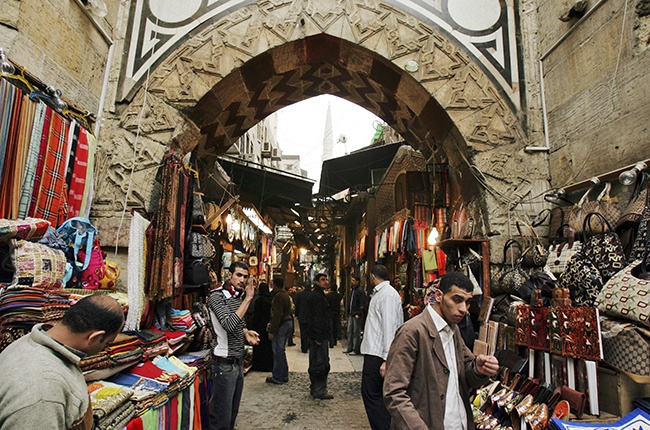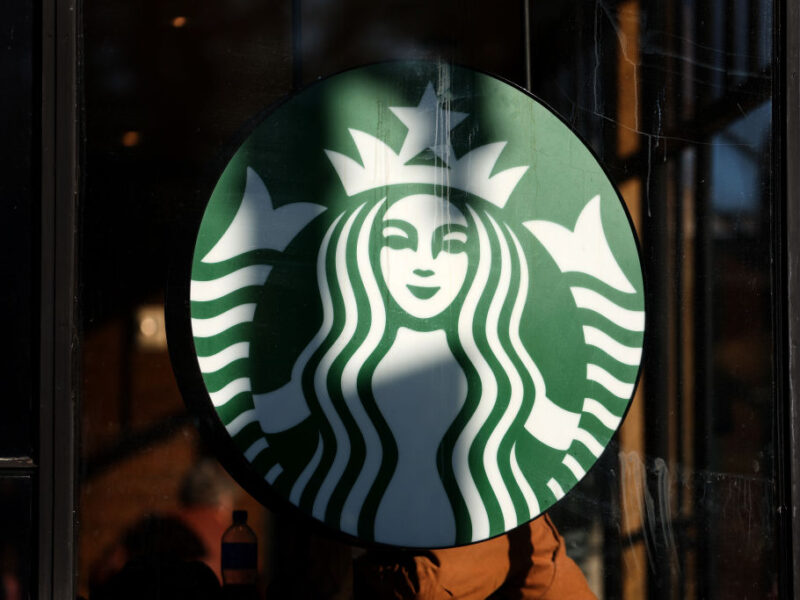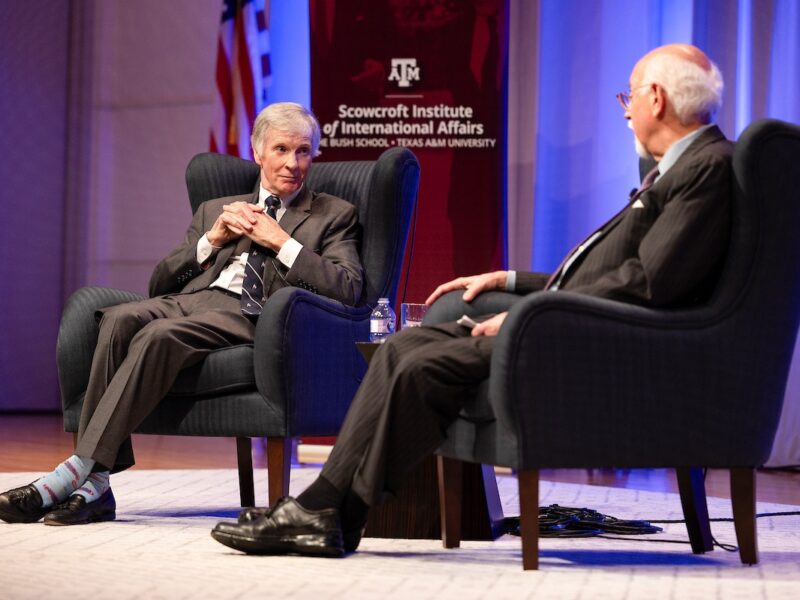
Marketing Professor Venkatesh Shankar was an invited guest of the U.S. State Department in Cairo, Egypt last week, where he delivered multiple presentations on marketing. He said online promotion can make a quantum leap in the trade between Egypt and the United States.
At the International Conference on Business Sciences on April 15-16, Shankar delivered presentations on “Innovations in Emerging Economies” and “Digital Marketing: Trends and the Future.” He spoke at the American Chamber of Commerce, Cairo University, Nile University, Ain Shams University, American University in Cairo, and American Embassy.
During a meeting with a number of journalists at the American Embassy in Cairo, he said electronic marketing helps to provide information about the products available in Egypt, and is a competitive advantage in the U.S. market. “Electronic marketing can make a difference in the movement of trade in the sectors of cars and technology among countries in the next five years,” he said.
Shankar said the advantages of electronic marketing will not stop at exports and imports between Egypt and the U.S., but could also introduce American consumers to some Egyptian products and services, enabling Egyptian entrepreneurs to market their products electronically and exchange experiences with their counterparts in the U.S.
“The challenge here is that some communication technologies are not as powerful in rural areas,” Shankar said. “They will have to focus on covering those regions.”
Shankar called on all companies to increase their investments in the development of the technology sectors infrastructure, which helps to expand the establishment of electronic stores and facilitates the transport of electronic goods. “Large companies rely on electronic marketing because they consider it a powerful tool to promote their products,” he said.
About Shankar:
Venkatesh (Venky) Shankar is the Coleman Chair Professor of Marketing and Director of Research at the Center for Retailing Studies, Mays Business School. His areas of specialization include digital business, marketing strategy, innovation, retailing, international marketing, and pricing. He has been recognized as one among the World’s Most Influential Scientific Minds by Thomson Reuters and as a Top 10 scholar worldwide on innovation.
###
This story by Kelli Levey Reynolds originally appeared in Mays Impacts.




